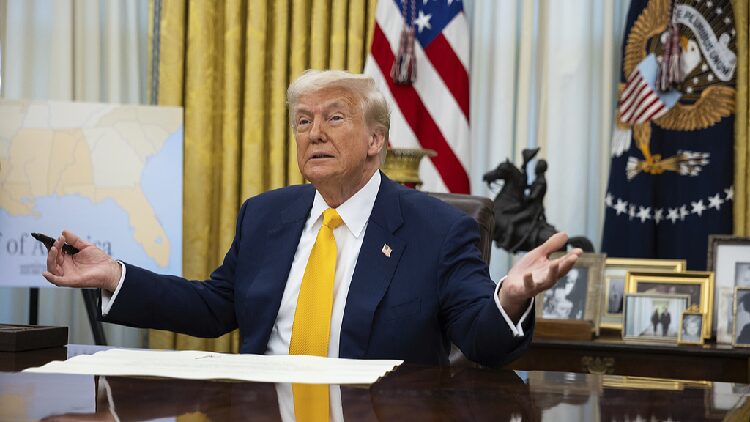The United States has expressed strong opposition to digital taxes imposed by several countries on American technology giants, signaling potential retaliatory measures. The digital taxes, targeting companies like Google, Amazon, Apple, and Meta, have been a point of contention in international trade relations.
Countries such as France and Canada have implemented digital service taxes, collecting significant revenue from U.S. companies. According to a fact sheet previously released by the White House, these taxes cost American firms over $2 billion annually. “Canada and France use these taxes to each collect over $500 million per year from American companies,” the document stated.
The U.S. government views these measures as unfairly targeting its domestic businesses. In response, there have been discussions about imposing tariffs on nations that continue to levy these taxes. The aim is to encourage a more equitable international tax framework and protect American economic interests.
Efforts to Resolve the Dispute
In 2021, under President Joe Biden’s administration, the United States reached a compromise with Austria, Britain, France, Italy, and Spain regarding the digital services tax dispute. The agreement was part of a larger effort under the Organization for Economic Cooperation and Development (OECD) to establish a global tax deal, including a global minimum corporate tax rate.
The OECD framework aims to address the challenges of taxing a globalized and digitized economy, ensuring that multinational enterprises pay a fair share of taxes wherever they operate. Nearly 140 countries have been involved in negotiating this agreement, seeking to modernize international tax rules.
Future Implications
The ongoing debate over digital taxes highlights the complexities of regulating the digital economy on a global scale. While countries seek to assert their taxing rights over multinational tech companies, the United States continues to defend its economic interests, potentially leading to increased trade tensions.
As discussions continue, the international community watches closely, recognizing that the outcomes will have significant implications for global trade, taxation, and the operations of major tech firms worldwide.
Reference(s):
cgtn.com








